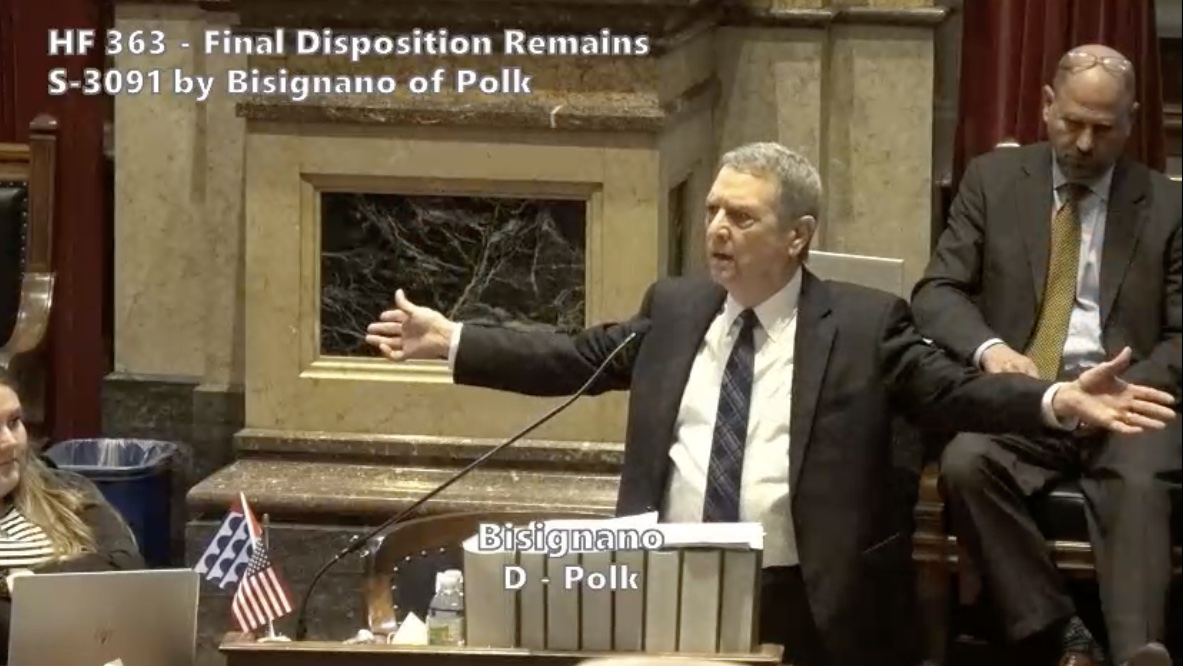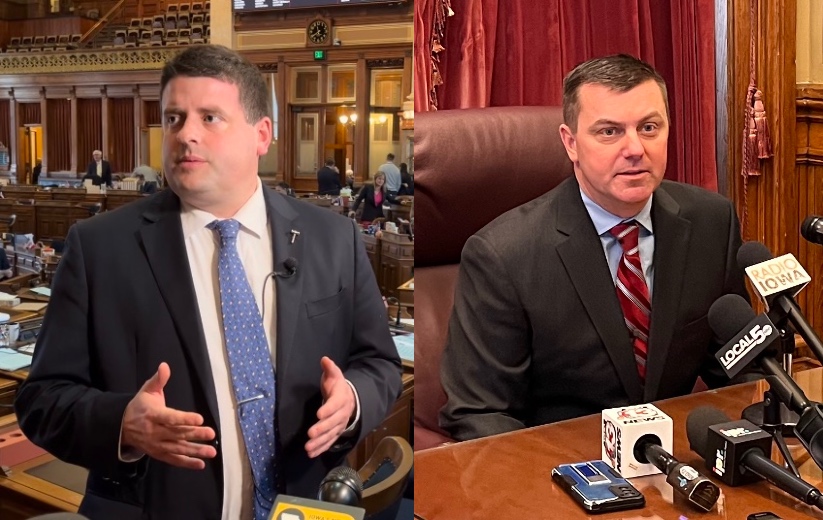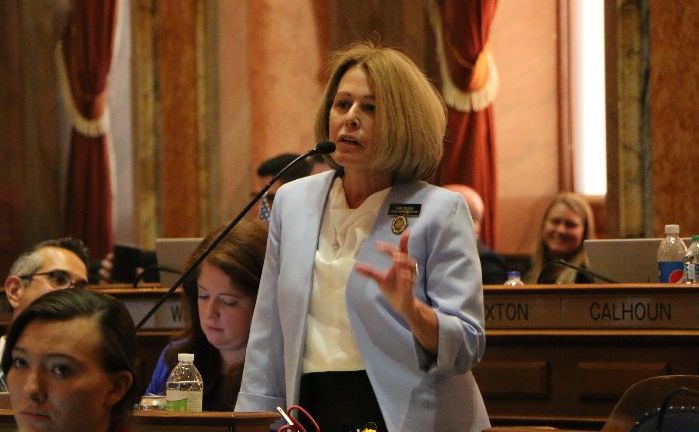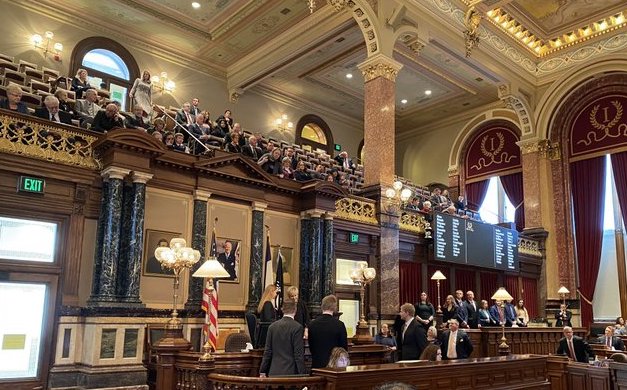When the Iowa House and Senate approve a bill unanimously, you might assume it was easy to get the measure to the governor’s desk. But appearances can be deceiving. Sometimes, a unanimous vote for final passage obscures years of hard work to pull a bill over the finish line.
So it was with House File 472, which took effect on July 1. The law will make it easier for Iowans to defend themselves when facing meritless lawsuits filed in order to chill speech. Such cases are often called “strategic lawsuits against public participation,” because the plaintiffs have no realistic chance to win in court. Rather, they are suing as a means to silence or retaliate against critics.
Iowa was the 38th state to adopt an “anti-SLAPP” law, according to the Washington, DC-based Institute for Free Speech, which advocates for such legal protections across the country.
If not for one state senator’s determined opposition, Iowa might have joined that club years earlier.
The long-running effort to pass Iowa’s anti-SLAPP bill illustrates how one lawmaker can block a measure that has overwhelming bipartisan support and no meaningful opposition from lobby groups.
Continue Reading...

















